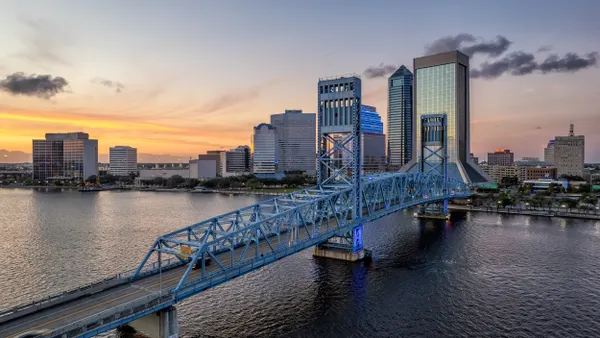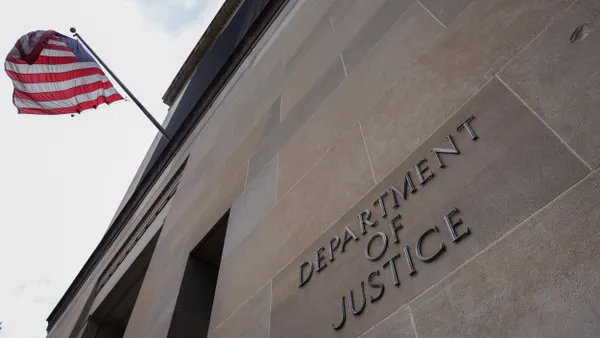Dive Brief:
- A group of impact investors are contributing $25 million to support business growth in historically underinvested Baltimore neighborhoods, according to reports from Technical.ly Baltimore and others.
- The Arctaris Baltimore fund will include $4 million from the Baltimore-based Abell Foundation and another $1 million from Baltimore’s Neighborhood Impact Investment Fund (NIIF). Boston-based Arctaris Impact Investors will oversee the fund.
- The program will offer existing businesses loans of $1 million to $5 million to keep them afloat and active. The fund will also target designated areas that have traditionally not seen significant investment; NIIF has said that 65% of the city qualifies for funding.
Dive Insight:
The Arctaris Impact Fund traditionally targets inner cities, rural communities and Opportunity Zones, with a capital fund that combines support from federal and state agencies with funding from investors, foundations and banks. According to the firm’s website, the fund has supported hundreds of companies and created or sustained 6,000 jobs in its portfolio of cities.
As cities have boomed, many neighborhoods have struggled to receive equal levels of investment and economic activity. A 2018 report from Johns Hopkins University’s 21st Century Cities Initiative found that bank loans to Baltimore businesses fell from a total of $457 million in 2007 to just $307 million in 2016. In that time, the average loan size fell from $191,819 to $70,877, and large loans of more than $200,000 were harder for businesses to obtain. That means the Arctaris Impact Fund could make a significant boost for businesses in the city that need access to more capital to expand or reach new markets.
Mark Kaufman, president and CEO of NIIF, told Smart Cities Dive his organization will help ensure that "some capital will flow into areas of the city that have not seen it." Traditional outside investment, he said, has gone to downtown or the Baltimore Waterfront, rather than more historic neighborhoods. (NIIF is capitalized with a $51.7 million loan from Baltimore.)
Given the size of the loans being offered, Kaufman said the money could be used to help larger businesses relocate or expand to the disadvantaged neighborhoods; for example, bringing a chain supermarket into a food desert.
The effort also comes amid a massive federal effort to direct funding to underinvested neighborhoods through the Opportunity Zone tax incentive. The program, created in the 2017 Tax Cuts and Jobs Act, offers tax cuts to investors and developers who invest in businesses and housing in distressed neighborhoods designated by state and federal governments. Advocates have said that incentive can help fill funding gaps and revive pockets of cities that have ot seen significant capital.










